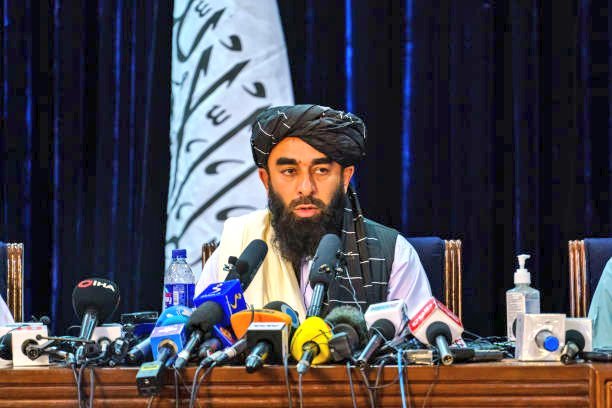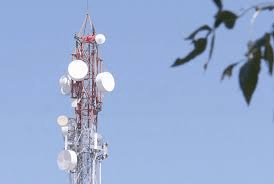
KABUL, Afghanistan – The Taliban administration restored partial internet and mobile services across Afghanistan on Wednesday, ending a 48-hour nationwide blackout that crippled daily life and essential services.

The disruption, which began on September 29, left an estimated 40 million people without connectivity, grounding flights at Kabul International Airport and freezing electronic bank transactions. The outage had a severe impact on healthcare, with hospitals reporting difficulties in managing emergencies.
The blackout also disrupted online education, a critical lifeline for many Afghan girls who have been excluded from formal secondary schools by the Taliban government. Desperate for connectivity, some residents reportedly traveled to the country’s border with Pakistan to access mobile networks.
While the Taliban attributed the widespread outage to “routine fiber optic maintenance,” internet monitoring groups had previously recorded tests of censorship systems in provinces such as Balkh, suggesting the disruption may have been intentional.
The restoration of services was confirmed by former U.S. Special Representative for Afghanistan Reconciliation, Zalmay Khalilzad, who posted on social media platform X, “Internet is restored in #Afghanistan,” in a message that garnered significant attention online.
As of October 1, services are returning, though connectivity remains partial and the situation is evolving. The incident highlights the fragile state of Afghanistan’s digital infrastructure and its critical importance to the nation’s economy and social services.






